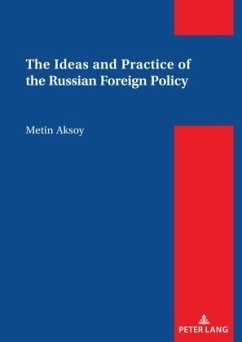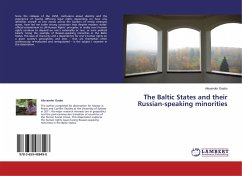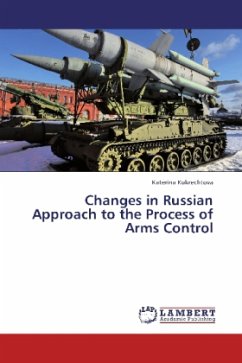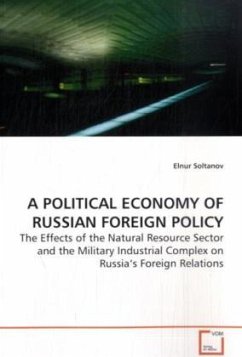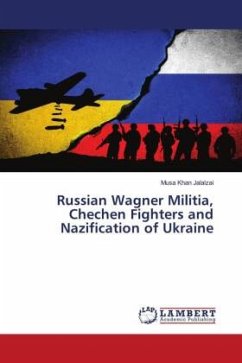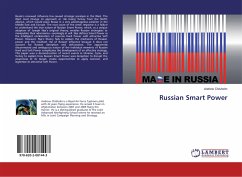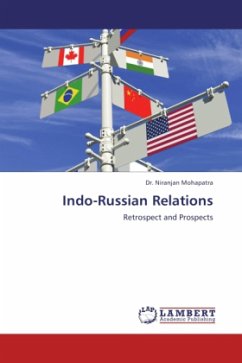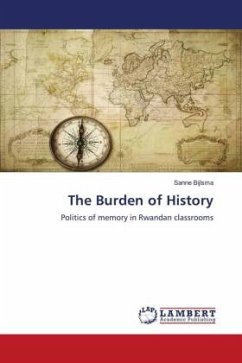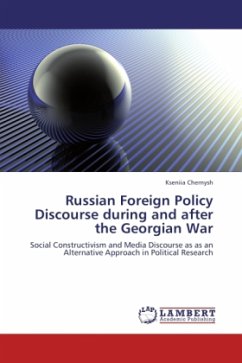
Russian Foreign Policy Discourse during and after the Georgian War
Social Constructivism and Media Discourse as as an Alternative Approach in Political Research
Versandkostenfrei!
Versandfertig in 6-10 Tagen
32,99 €
inkl. MwSt.

PAYBACK Punkte
16 °P sammeln!
The study analyzes Russian foreign policy discourse on NATO during and after the Georgian war as constructed in news articles from a state-run news agency. The project adopts constructivist and discourse analytical approach. Namely, it is based on the interplay between the three main theoretical pillars: language as constitutive part of social reality; media as a type of discourse; and the constructivist understanding of the foreign policy discourse as being embedded in the domestic social and cultural dimensions.The dissertation focuses on the following questions: What kind of representations...
The study analyzes Russian foreign policy discourse on NATO during and after the Georgian war as constructed in news articles from a state-run news agency. The project adopts constructivist and discourse analytical approach. Namely, it is based on the interplay between the three main theoretical pillars: language as constitutive part of social reality; media as a type of discourse; and the constructivist understanding of the foreign policy discourse as being embedded in the domestic social and cultural dimensions.The dissertation focuses on the following questions: What kind of representations of NATO and its role in the Georgian crisis were constructed in the Russian news? How were the relations between Russia and NATO represented in the Russian foreign policy discourse? Did the Russian discourse on NATO draw on the Cold War ideas and stereotypes?



